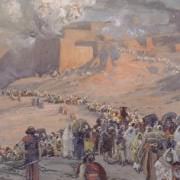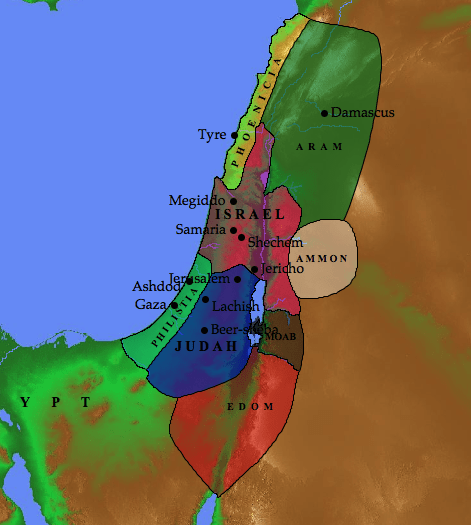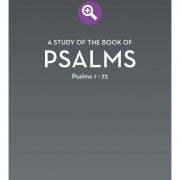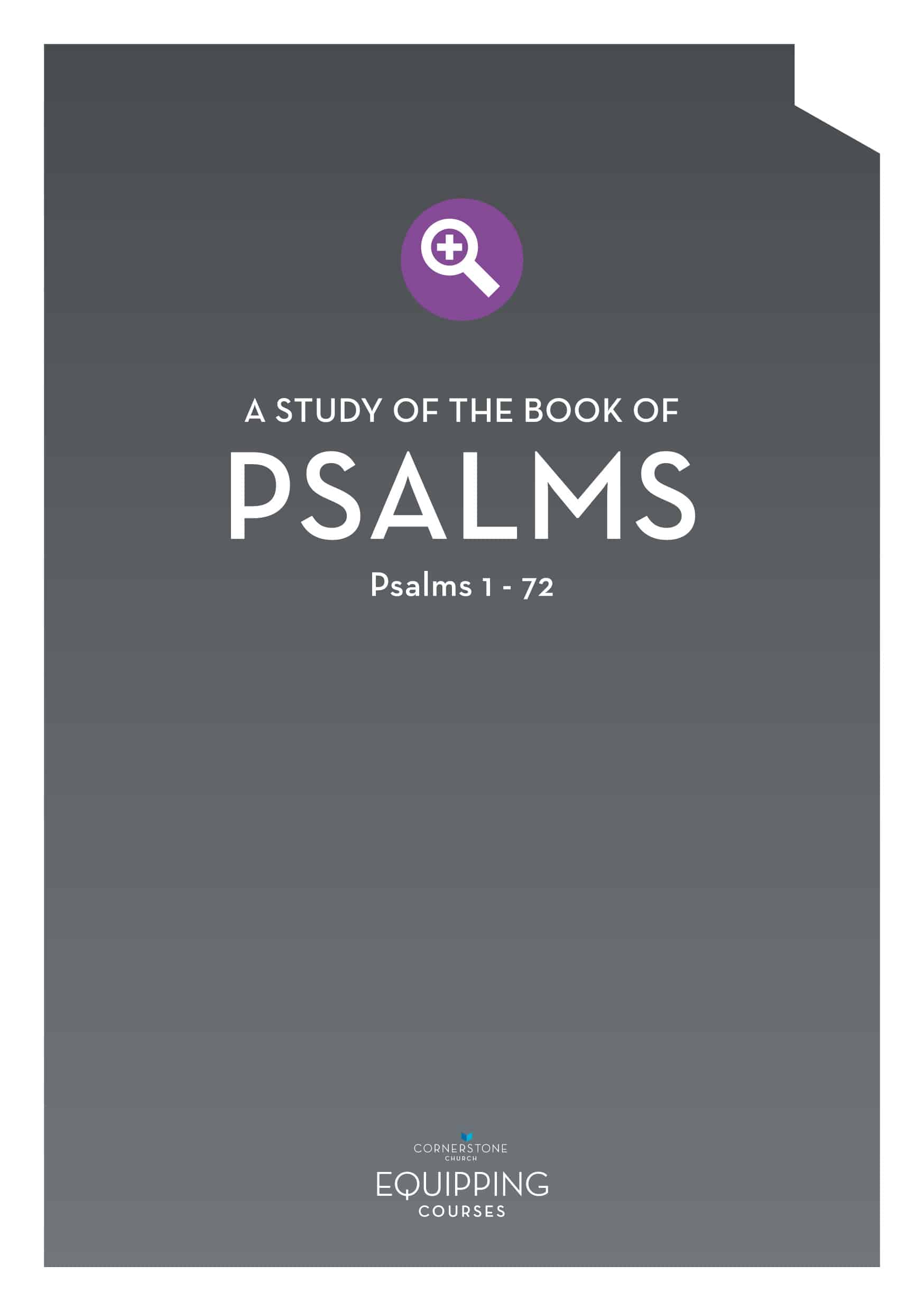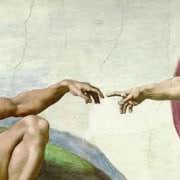The book of Jonah
According to extra-biblical sources, Jonah was a disciple of Elisha and was his successor. His mother was possibly the widow of Sarepta, which Elijah brought to life, and he grew up in a town called Gath-hepeher, about a half and hour walk from Nazareth.
Jonah was a famous statesman who lived at the time of Jeroboam II of Israel and helped to make it powerful and prosperous.
The Lord Jesus made the book of Jonah very important. When he was asked for a sign to prove his claims he said that only the sign of Jonah would be given (Matthew 12:38-40). Interestingly, the internal evidence of the book suggests that our Sunday School teachers should be teaching that Jonah died. It says he sank to the bottom of the sea and weeds entangled him. This would also be the reason Jonah was Jesus’ sign – it points to death and resurrection.
Unfortunately, the last few years have been riddled with scientists trying to understand what kind of fish could have swallowed Jonah. We don’t need science to prove this story, however. Instead we need to hear God talking with us through the timeless teaching found here. There are many important lessons in the book. As with all of our Old Testament books, knowledge of the background makes the account come alive and helps us extract the teaching.
We are told that Jonah is told to go to Nineveh and call them to repent. Jonah flees. Nineveh was one of the greatest cities of the ancient world. It was the capital of the Assyrian Empire. The sheer scale and magnificence of it was only dwarfed by the extent of its wickedness and lust for power and wealth. It was surrounded by immense walls twelve kilometres in length, thirty meters high and fifteen meters thick enough for four chariots abreast. Every eighteen meters stood a monumental gateway. It was filled with palaces and beautiful gardens with seventy halls decorated in alabaster and sculpture.
Jonah flees to Tarshish. We are told why Jonah flees in chapter 4:2. Assyria was Israel’s dreaded enemy and it appears that at this point in time they were weakened in power. Jonah doesn’t want to go to Nineveh and call them to repent because they may be spared destruction. He wants Nineveh to be destroyed to protect his people of Israel from Assyria’s future attacks. He is thinking of his nation’s benefit. But he was wrong. This also explains his otherwise puzzling depressing thoughts at the end of the prose. Jonah didn’t think mercy triumphed over judgement.
God didn’t let Jonah go. Through a series of circumstances Jonah finds himself preaching in the streets of Nineveh. The common people turn first and then the nobles. It is like Johannesburg turning to God because of the preaching of one person! It was a sheer miracle.
We learn in the book about God’s compassion towards non-believers. God’s interaction with Jonah is filled with a sense of God’s long-suffering and willingness to persevere with mere people.
Apply the principles of interpretation to dig into Jonah. Dig, ask questions, ask what is the teaching here? Why is this book in the Bible? What lessons did Jonah learn? What does this mean about God and about me?


